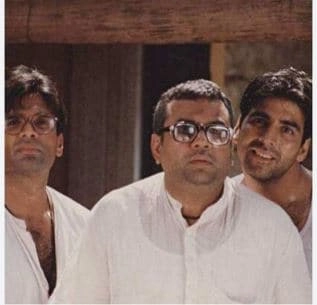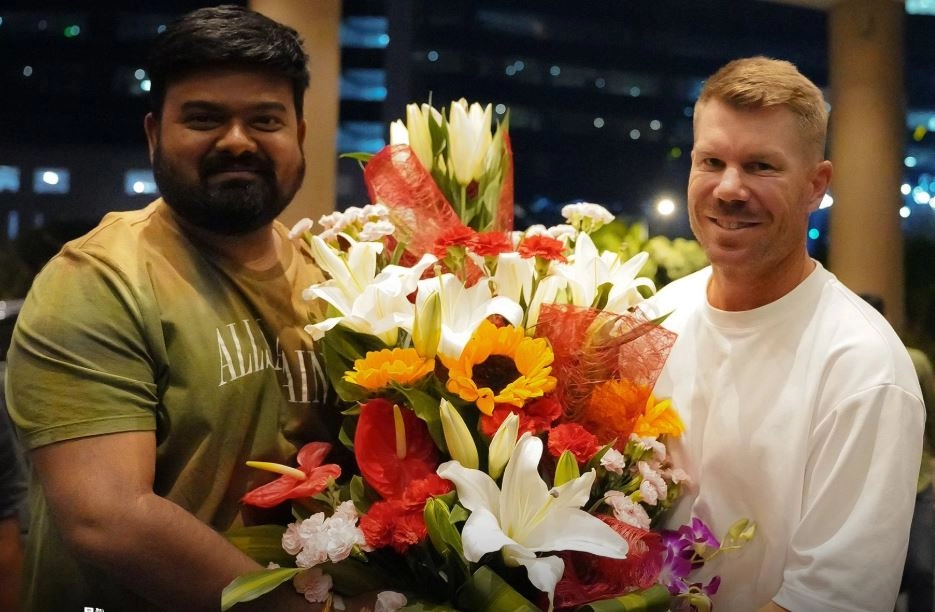The phrase “Thug Life” has become emblematic of a lifestyle characterized by resilience, defiance, and a certain embrace of controversy. Originally popularized by the late rapper Tupac Shakur, the term encapsulates the struggles faced by individuals in marginalized communities. While many perceive it as a negative label associated with crime and rebellion, a deeper analysis reveals that there may be more gain than loss when it comes to the controversy surrounding this phrase. The complex relationship between identity, expression, and societal perceptions plays a significant role in understanding the broader implications of “Thug Life.”
Controversy often breeds visibility, and for many who identify with the “Thug Life” ethos, this visibility can translate into empowerment. By reclaiming a term that has been used to stigmatize and marginalize, individuals can assert their identity and challenge societal norms. This reclamation serves as a powerful statement against systemic injustices, allowing those in disenfranchised positions to find solidarity and community within the shared struggles associated with the term. The visibility brought on by controversy can also attract attention to the narratives and experiences of those who live within the margins, prompting discussions about social justice, inequality, and the societal factors that contribute to the realities of urban life.
Moreover, the commercialization of “Thug Life” has led to a unique cultural phenomenon where it intersects with fashion, music, and art. Merchandising that embraces the aesthetics and attitudes associated with the term has generated economic opportunities for many within these communities. Artists, influencers, and entrepreneurs can leverage the controversy surrounding “Thug Life” to create platforms for themselves, using their experiences to inspire others while simultaneously challenging stereotypes. This dynamic illustrates how controversy can foster creativity and innovation, leading to a redefinition of what it means to live a “Thug Life” that is not solely bound by negative connotations.
In essence, while the term “Thug Life” may initially evoke images of crime and conflict, it also embodies a narrative of resilience and empowerment. The controversy surrounding it has led to increased visibility and a space for important dialogues about race, class, and identity in contemporary society. By analyzing the multifaceted implications of this phrase, we can appreciate how it serves not only as a label but as a catalyst for change, redefining societal perceptions and fostering a sense of community among those who embrace it. Ultimately, the gains derived from this controversy may indeed outweigh the losses, revealing a complex tapestry of human experience that challenges and enriches our understanding of life in the margins.




